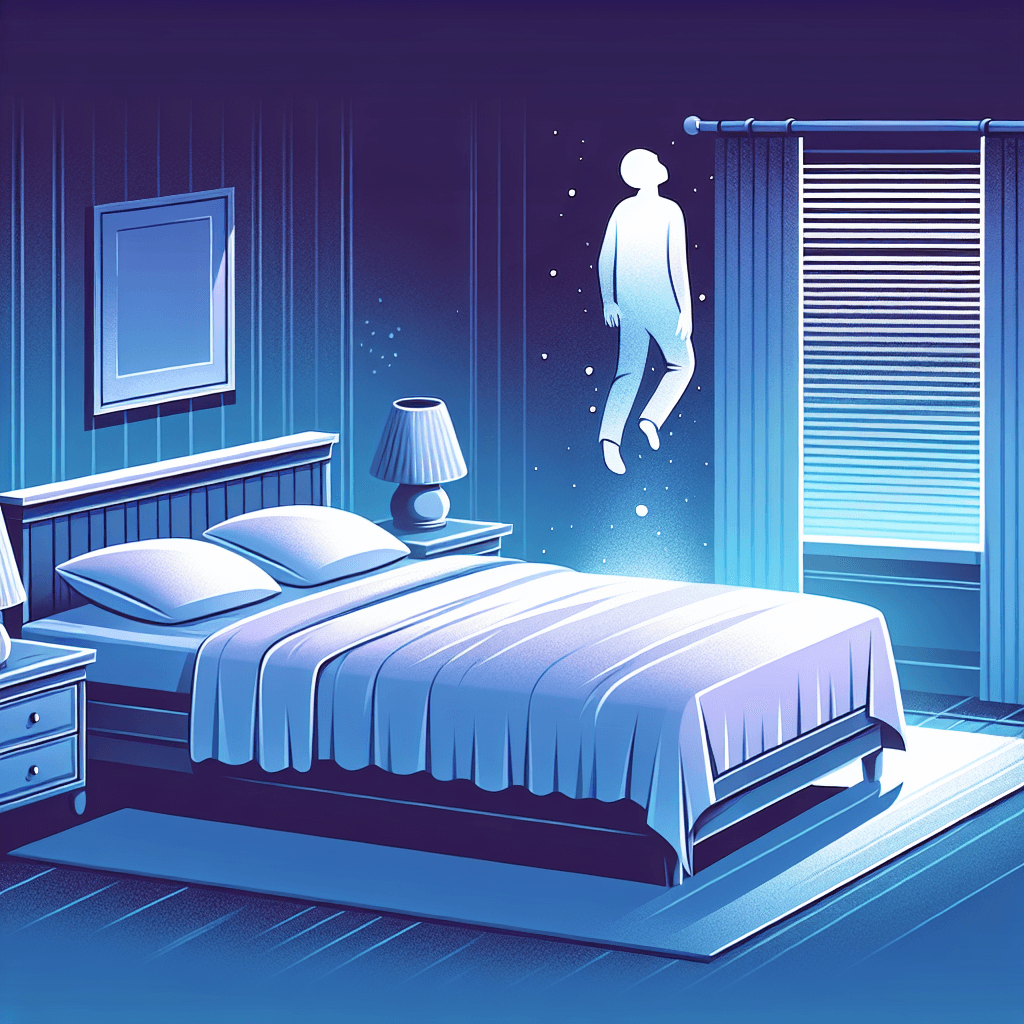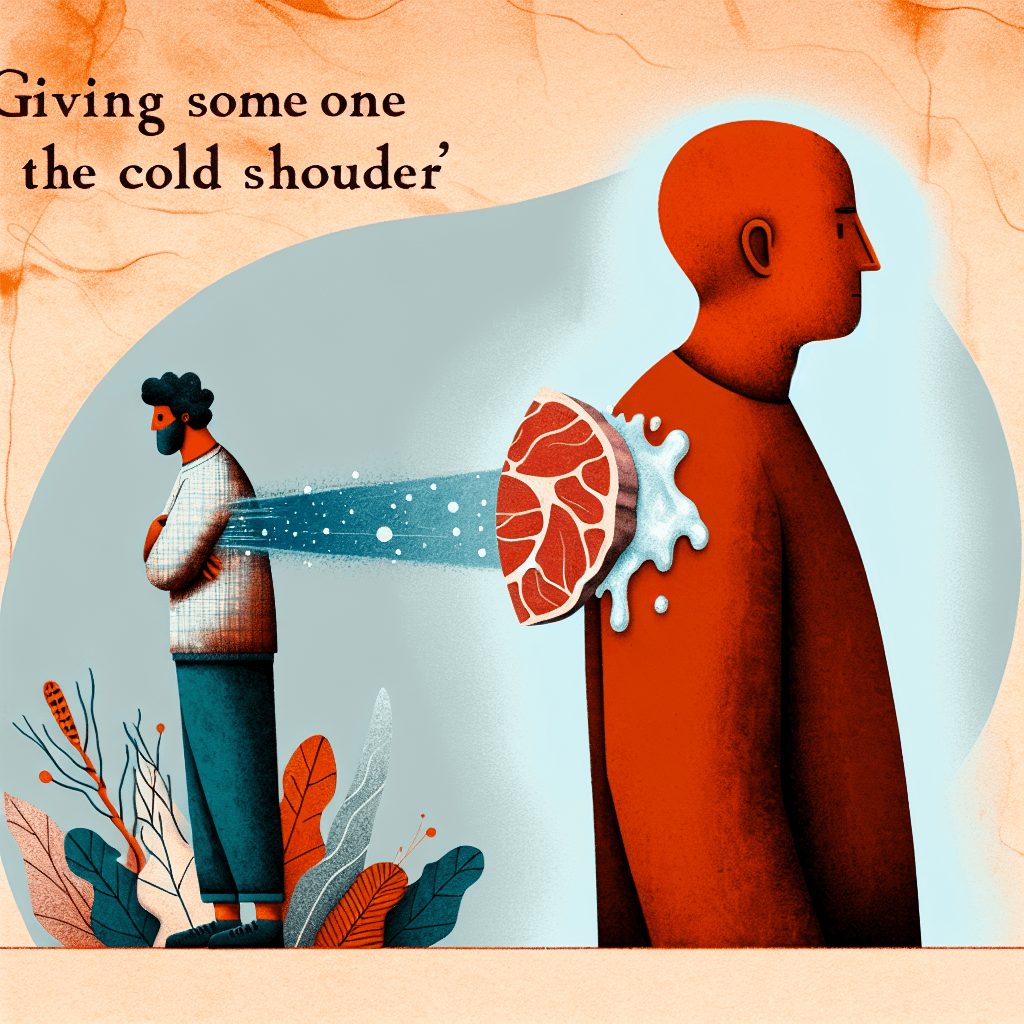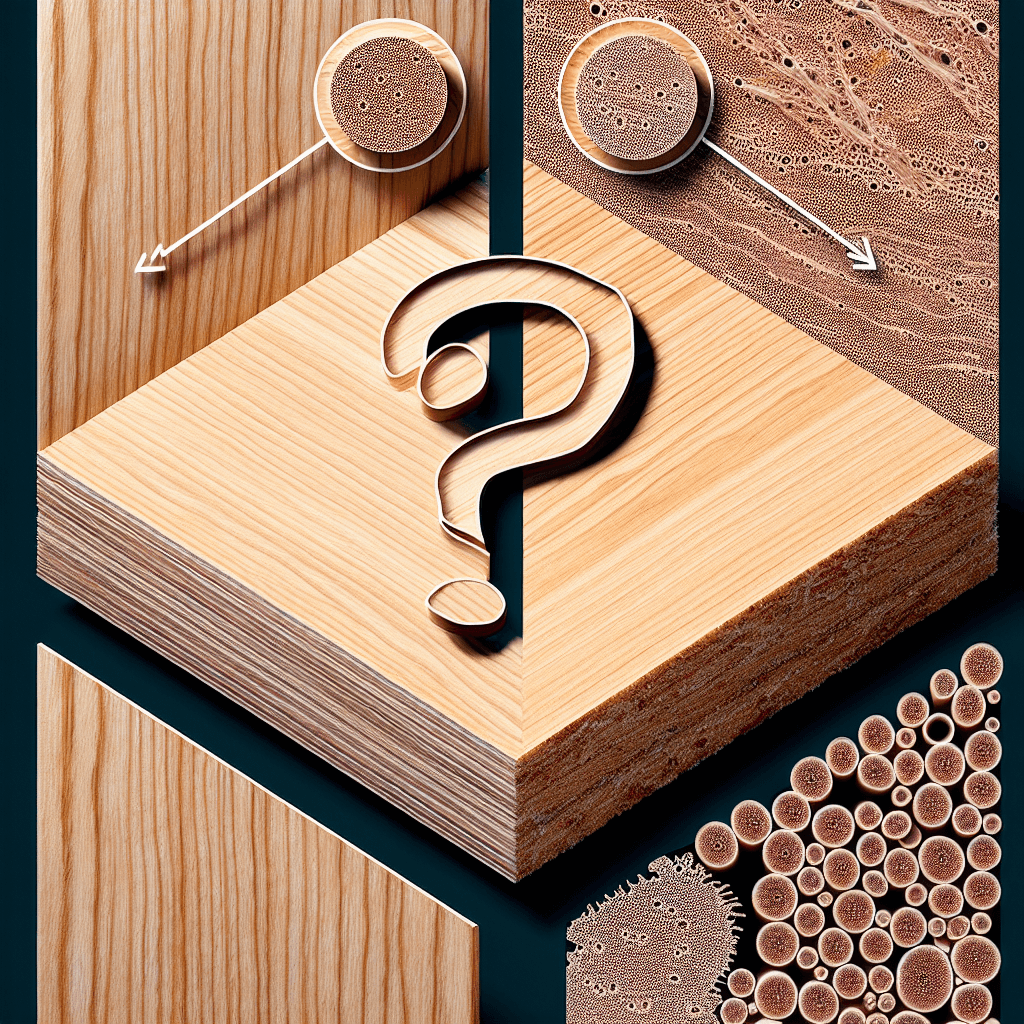That Sudden Jolt: What Causes That Sudden Falling Sensation Just as You Drift Off to Sleep
Ever been violently jerked awake by the sensation of falling right as you're drifting off? This startling, common experience is known as a hypnic jerk.


Too Long; Didn't Read
The sudden falling sensation that jolts you awake as you're dozing off is a common and usually harmless phenomenon called a hypnic jerk or sleep start.
That Sudden Jolt: What Causes That Sudden Falling Sensation Just as You Drift Off to Sleep?
Ever been on the verge of sleep, cozy and relaxed, only to be violently jerked awake by the sensation of falling? You might even flail an arm or leg. It’s a startling, sometimes unsettling, experience shared by many. This sudden jolt, often accompanied by a feeling of plummeting through space, is a common phenomenon known as a hypnic jerk or sleep start. While usually harmless, it certainly sparks curiosity: why does our body do this just as we're entering dreamland? This post delves into the science behind that sudden falling sensation, exploring its potential causes and contributing factors.
Understanding the Hypnic Jerk
A hypnic jerk is technically classified as a type of myoclonus – a brief, involuntary twitching or jerking of a muscle or group of muscles. These jerks specifically occur during the hypnagogic state, the transitional period between wakefulness and sleep (Stage 1 sleep). During this phase, your consciousness is waning, but you're not fully asleep.
The experience typically involves:
- A sudden, strong, and involuntary muscle contraction (often in the limbs, but can involve the whole body).
- A sensation of falling, tripping, or tilting.
- Occasionally, a sensory component like a flash of light, a loud noise perception, or even a brief dream-like image associated with falling.
While the intensity varies, the result is often the same: you snap back to full wakefulness, sometimes with a racing heart.
Why Does It Happen? Potential Theories
Pinpointing the exact cause of hypnic jerks is tricky, as studying the brain during this fleeting transition state is challenging. However, sleep researchers have proposed several compelling theories:
Theory 1: Brain Wires Getting Crossed
The most widely accepted theory relates to the way our brain manages the transition into sleep. As you drift off:
- Muscle Relaxation: Your muscles naturally begin to relax and lose tone (a process called atonia, which becomes more profound in deeper sleep stages).
- Brain Misinterpretation: One part of your brain (the reticular activating system, responsible for alertness) is winding down, while the motor control areas are still somewhat active. It's theorized that the brain sometimes misinterprets the profound muscle relaxation signals as a sign that you are actually falling.
- Protective Reflex: In response to this perceived danger, the brain sends a rapid signal to your muscles, causing them to tense up quickly – the jerk – essentially trying to "catch" you or regain balance.
Think of it as a brief neurological misfire during the delicate handover between wakefulness and sleep systems.
Theory 2: An Evolutionary Leftover?
Another, more speculative, idea links hypnic jerks to our primate ancestors. The theory suggests that for early humans or primates sleeping in trees, such a reflex might have been beneficial. A sudden muscle jerk could have helped readjust position or wake them up quickly if they were genuinely losing their perch, preventing a dangerous fall. While intriguing, there's less direct evidence for this evolutionary explanation compared to the neurological misinterpretation model.
Factors That Might Increase Hypnic Jerks
While most people experience hypnic jerks occasionally, certain factors seem to make them more frequent or intense for some individuals:
- High Stress and Anxiety: Being stressed or anxious keeps your nervous system more active, potentially making misfires during sleep onset more likely.
- Caffeine and Stimulants: Consuming caffeine or other stimulants, especially later in the day, can over-excite the nervous system and interfere with the smooth transition into sleep.
- Intense Evening Exercise: While regular exercise is good for sleep, vigorous activity close to bedtime can leave your body overly stimulated.
- Sleep Deprivation: Being overtired or having an irregular sleep schedule can disrupt normal sleep patterns and potentially increase the likelihood of hypnic jerks.
- Poor Sleep Environment or Position: While less directly proven, some anecdotal evidence suggests discomfort might contribute.
Should You Be Worried?
For the vast majority of people, experiencing a hypnic jerk is completely normal and harmless. Studies suggest that up to 70% of the population experiences them from time to time. They are not typically indicative of any underlying neurological disorder.
However, if hypnic jerks become extremely frequent, are very violent (causing you to hit something or fall out of bed), cause significant anxiety about falling asleep, or lead to chronic sleep disruption and daytime fatigue, it might be worth mentioning to your doctor. Very rarely, frequent myoclonus can be associated with other conditions, but isolated hypnic jerks are usually benign.
Conclusion: A Normal Quirk of Falling Asleep
That sudden falling sensation just as you drift off to sleep, the hypnic jerk, is a fascinating and common quirk of our neurobiology. Likely stemming from a minor miscommunication in the brain as it transitions into sleep mode, it interprets muscle relaxation as a fall, triggering a protective jolt. While factors like stress, caffeine, and fatigue might increase their frequency, these sleep starts are generally harmless. Understanding the potential causes can demystify the experience and reassure you that it's usually just a normal part of the intricate process of falling asleep. So the next time you jolt awake, remember it's likely just your brain momentarily getting its signals crossed on the way to dreamland.


